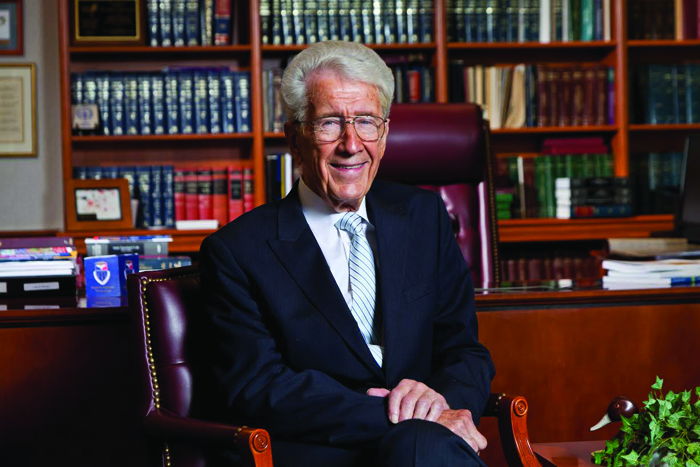
Kellen Stepler | Editor-in-Chief
03/11/2021
One of the requirements for Gary Shank — the education professor who used the N-word in a class lecture last semester — to return to teach at the university is to undergo a mandatory diversity, equity and inclusion training course.
But what will that training consist of?
The course, titled “Leading Diversity, Equity and Inclusion,” is taught by Alvin Tillery. Tillery is the director of the Center for the Study of Diversity and Democracy at Northwestern University.
“[The course] aims to provide individuals with the capacities to be inclusive leaders within their individual organizational contexts,” Tillery said.
Tillery’s course is a six-week online class featuring seven to ten hours of instruction per week and costing $2,100. It runs four times per year and enrolls over 150 students per session.
“It begins by providing students with a vocabulary for discussing diversity, equity and inclusion issues,” Tillery said. “It then shifts to provide students with a deep understanding of our nation’s sad legacies of institutional racism, sexism and other forms of identity-based discrimination.”
At the completion of the course, Tillery said that students will focus on how to utilize nonviolent and inclusive communication strategies to talk about group differences and promote inclusion.
“In short, the course provides everything that an individual will need to become an inclusive presence within their organization,” Tillery said.
Tillery added that Duquesne President Ken Gormley asked him to provide Shank with “individual coaching sessions to ensure that [Shank] has a clear vision on how to translate these lessons to his classrooms at Duquesne.”
Duquesne spokesperson Gabe Welsch said that the course was selected for two reasons: to “make it as easy as possible” for Shank to pursue training in a pandemic, and that the class “has a very practical approach to providing training on how to be an inclusive leader and communicate effectively across group differences.”
“Tillery frequently provides the executives who take [the course] with focused sessions to tailor the lessons to their organizational context, and he will do so in this case,” Welsch said. “It is our hope that the additional coaching will provide Professor Shank with a deeper level of engagement on his path to becoming a more inclusive and effective instructor.”
According to the course website, students will work through six modules ranging from communication strategies for diversity, equity and inclusion, to “managing and leading transformative change.”
Students will walk away with tools and insights to “effectively create safe spaces and foster constructive dialogue around diversity, equity and inclusion.”
If Shank earns approval to teach again at Duquesne, the dean of the school of education, along with his department, will determine what courses he will teach. He has yet to communicate his plans to the university.




